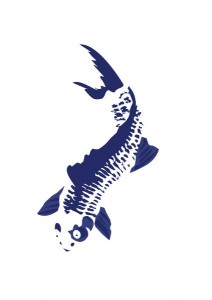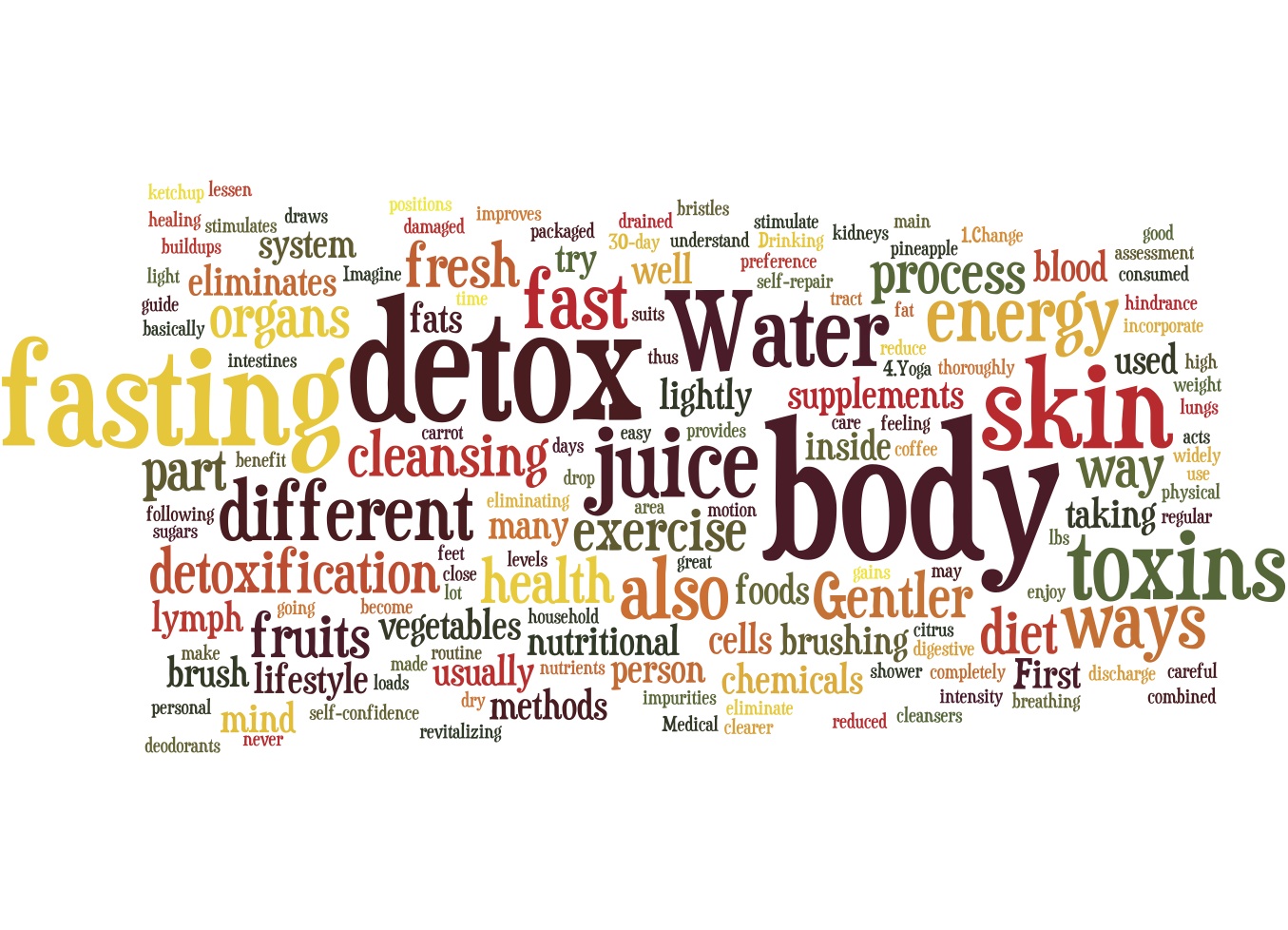
An attempt to explain Traditional Chinese Medicine – Part 1
Traditional Chinese Medicine (TCM) is a unique system of health. It evolved over thousands of years in China, stemming from the Taoist philosophy. TCM looks at health as a system of balance. If the balance is comprised in any way this may lead to ill health and associated symptoms. The symptom or disease a patient suffers from may only be the manifestation or an end result of an imbalance, which could have been developing over a long time. This imbalance or disturbance on the body is the issue that needs treating. Solely focusing on the manifestation will only lead to temporary results.
Qi
To the typical Western perspective the concepts of TCM are quite abstract and difficult to grasp. Let’s start with Qi. Qi is internal energy which flows through the body in different pathways or meridians. Each channel of Qi will nourish all structures and aspects the body along its path. This will include organs, nerves, muscles, skin and all other tissues and fluids. In addition to this Qi will nourish our minds and the TCM perspective of the spirit. In a way, Qi represents our constitutional health. The health or vibrancy of our Qi will reflect how effectively our body works. Qi can become drained and weakened if prolonged physical exertion or significant emotional trauma is experienced. Too much stress will have an effect on how healthy our Qi is. Pathogenic factors like bacteria or viruses will also impact the flow of our Qi.
The health of our Qi will impact how efficient our organs work. The organ systems in TCM are somewhat different to Western science. There are some similarities or correlations but there are also key differences. Take the Liver for example. The TCM key roles of the Liver are to assist with digestion and cleansing of the blood. This is similar to Western Medicine, but TCM will also link the Liver to our emotional state. Constant stress or pressure will compromise how effectively the Liver will work. This will not necessarily impact the functionality of the Liver that would be seen on a blood test but the Qi of the Liver may become stagnant or weak. This could develop symptoms such as bloating, pain or irritability. These similarities between Western science and TCM can be seen in other organs such as the heart or kidneys. But the TCM perspective is really quite different and should not be confused as the same.
So, we can see how an influence, whether it be a physical or emotional one, can affect our Qi and if that happens the health of our organs and all aspects of our body can be affected. How does TCM help to correct these changes or treat the disturbance in Qi? Its main modalities are acupuncture, herbal medicine and dietary advice.
These will be explained further in part II of this article.
Nick Conquest
Chinese Medicine Practitioner





